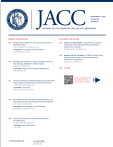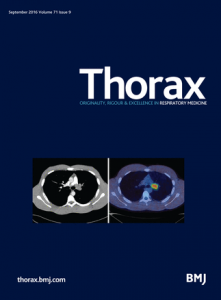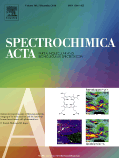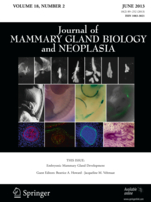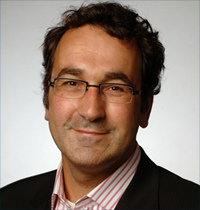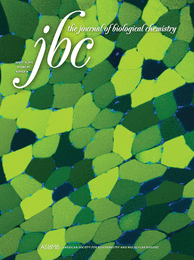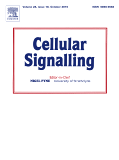 A researcher at Case Western Reserve University in Ohio has retracted a second paper after a review found the figures didn’t match the original data.
A researcher at Case Western Reserve University in Ohio has retracted a second paper after a review found the figures didn’t match the original data.
Last year, we reported on a previous retraction of a paper co-authored by biologist Alan Levine in Inflammatory Bowel Diseases, which was pulled for the exact same reason; even the retraction notices use similar language. The first author on both papers is Debasmita Mandal, also listed at Case Western Reserve University.
Here’s the retraction notice for “REDOX regulation of IL-13 signaling in intestinal epithelial cells: usage of alternate pathways mediates distinct gene expression patterns,” published by Cellular Signalling: Continue reading Biologist loses second paper — again, for unvalidated figures
